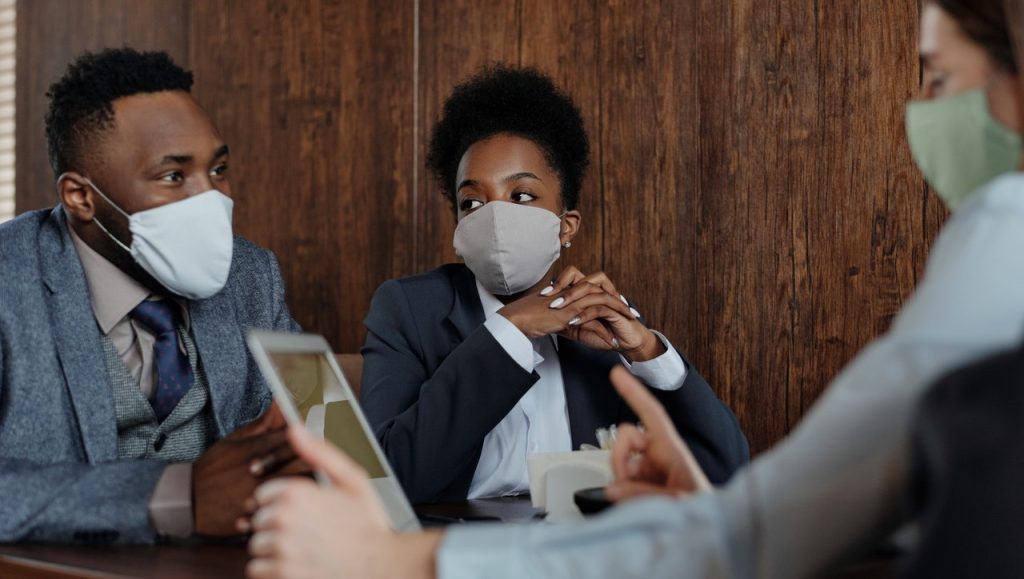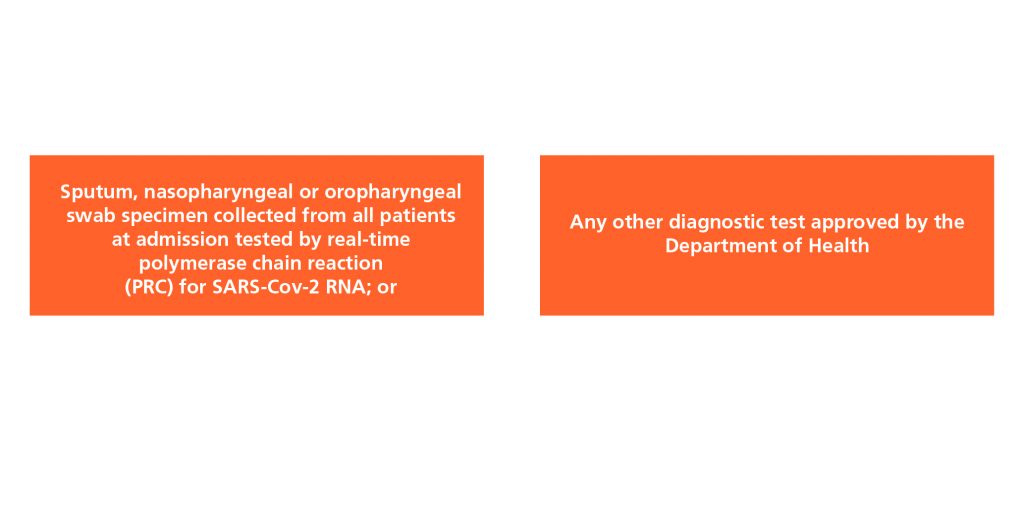We all have them. Those apps we open without thinking. Not because we need anything in particular, but because they feel… safe, in some…
Catching Covid-19 at work: new COIDA directive issued

The Department of Employment and Labour (DEL) recently issued a revised Directive on Compensation for Workplace-acquired Novel Corona Virus Disease (Directive).
The Department of Employment and Labour has issued revised guidelines on how to submit claims to the Compensation Fund for Covid-19 contracted in the workplace
This Directive replaces the previous directive issued by the DEL on 23 March 2020, but it is similar. If you would like to read the Directive in full, click here. We highlight the key provisions of the revised Directive below.
Under section 45 of the Compensation for Occupational Injuries and Diseases Act, the Compensation Fund is under an obligation to consider all claims submitted for compensation and adjudicate them to determine liability. The fund will consider all information submitted, including exposure, clinical history and the inherent risk posed by various categories of work and occupations.
Workplace-acquired Covid-19
The Directive provides details on the requirements and process for submitting compensation claims to the Compensation Fund in the event that an employee contracts Covid-19 in the workplace. The directive recognises that an employee may contract Covid-19 through direct exposure in the workplace, while performing employment duties aligned to the employer’s business, or through business travel to high-risk areas or countries. In other words, the Directive regulates workplace-acquired Covid-19 arising out of work-related exposures.
To prove workplace-acquired Covid-19, the Compensation Fund will take the following factors into account:
- assessment of the inherent risk posed by various categories of work and occupations; or
- exposure to a known cause of Covid-19 at the workplace; or
- an approved official trip or travel history to countries and/or areas of high risk for Covid-19 for work purposes;
- a reliable Covid-19 diagnosis as per the World Health Organisation’s guidelines; and
- a chronological sequence between exposure at the workplace and the development of symptoms.
According to the Directive, Covid-19 can only be reliably diagnosed by the following:
The Compensation Fund, through its medical officers, will determine whether the diagnosis was made according to acceptable medical standards.
The Directive classifies occupations at risk into 4 different categories:
The above classification serves as a guide only. All employees, regardless of occupation, are entitled to make a claim for compensation in the event of workplace-acquired Covid-19.
Who can apply?
The Compensation Fund will only provide compensation for confirmed workplace-acquired cases where the fund has accepted liability.
It will not provide compensation for unconfirmed cases which are still being investigated. For self-isolation or self-quarantine periods, the employer must apply under the Uif’s Ters scheme or follow the leave procedures under the DEL’s Covid-19 Directive on Health and Safety in the Workplace.
Maximum compensation payable
Temporary total disablement due to infection with Covid-19 will be paid from date of diagnosis up to a maximum of 30 days. Where there are medical complications, the Compensation Commissioner has the right to review each case on merit.
If there has been any permanent disablement, this will be assessed 3 months after the date of diagnosis and when maximum medical improvement has been reached.
If a qualifying employee dies as a result of Covid-19 complications, the fund will cover reasonable burial expenses and, where applicable, the widow or widower’s and dependent’s pensions will be payable.
Reporting
To lodge a claim with the Compensation Fund, the following documents will be required:
- Employer’s Report of an Occupational Disease (W.CL.1)
- Notice of an Occupational Disease and Claim for Compensation (W.CL.14)
- Exposure and Medical Questionnaire
- First Medical Report in respect of an Occupational Disease (W.CL.22) indicating U07.1 as the ICD-10 code for Covid-19
- Exposure history and/or other appropriate employment history which may include information helpful to the Compensation Commissioner
- A medical report on the affected employee’s symptoms that details the history, establishes a diagnosis of Covid-19 and includes laboratory results and chest radio graphs, where appropriate
- A Progress Medical Report (for each consultation) (W.CL.26)
- Final Medical Report in respect of an Occupational Disease (W.CL.26) when the employee’s condition has reached Maximum Medical Improvement
- An affidavit by the employee if an employer cannot be traced or will not supply a W.CL.1 where applicable
This article has been written by Kate Collier, a Partner, Shane Johnson, a Professional Support Lawyer, Mbali Nkosi, an Associate and Tsholofelo Mofokeng, a Candidate Attorney at Webber Wentzel.
Featured image: August de Richelieu via Pexels



